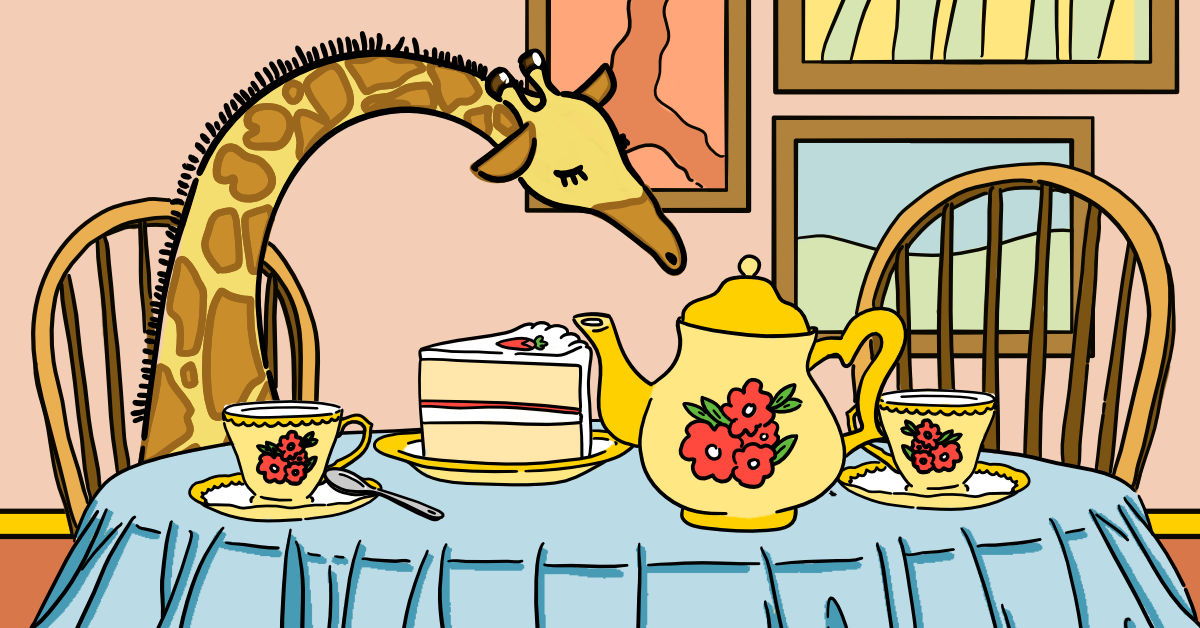Speed, Cars, Sweat, Scars, Names
Crisis Research, Fast And Slow
Anne Scheel | 100% CI | 26th March 2020
The current crisis demands rapid action — and, therefore, rapid scientific research, rapidly analysed and rapidly reported. But research done in haste tends to be research done badly. Wrong answers are worse than no answers at all. They distract us from finding the right answers. “Our concern about this unusual and serious situation leads us to overlook the potential costs of conducting and consuming research in emergency mode. Let’s not let our guard down before we’ve considered the consequences” (1,970 words)
Evil Genius And Societal Risks
David Bernstein | Volokh Conspiracy | 26th March 2020
Thought experiment. Topical. The motor car does not yet exist; an Evil Genius comes to you and asks you to authorise its invention, on behalf of humanity; you must balance the benefits of mobility against the certainty that these new motor cars will kill 50,000 people each year in America alone. What do you decide? Then, suppose the Evil Genius expresses the math differently, saying that your incremental chance of dying in a car accident is a mere 1 in 6,000 per year — would that change your view? (960 words)
Since I Became Symptomatic
Leslie Jamison | New York Review Of Books | 26th March 2020
One thing in relatively short supply since the start of this pandemic has been good first-hand writing about what it’s like to have the virus. Here, Leslie Jamison sets the bar high: “When I wake with my heart pounding in the middle of the night, my sheets are soaked with sweat that must be full of virus. The virus is my new partner, our third companion in the apartment, wetly draped across my body in the night. When I get up for water I have to sit on the floor, halfway to the sink, so I don’t faint” (1,475 words)
Wounds Heal, Scars Last
Morgan Housel | Collaborative Fund | 26th March 2020
Useful handle on how deeply the pandemic has marked us; it has changed not only our experiences, but also our expectations. “What we’ve been through this year is not the Great Depression. But this time we also have the lingering scars of 2008. The Great Recession shook people, but the prevailing idea was that it was a once-in-a-lifetime event. Now that we’ve been smacked even harder a decade later, a generation may be left convinced that this is the normal path of economic life” (1,390 words)
Naming And Belonging
Maryam Sikander | India Forum | 12th March 2020
In which the author traces her family roots in India. Her surname suggests a kinship with ancient Mughal rulers. But was that merely a grandparent’s caprice? “Do I or do I not have Mughal roots? My grandfather loved regal names, so he named my father Sikander-e-Azam, literally ‘Alexander-the-Great’, and my uncle Babar-e-Azam, making my cousins, in all earnestness, Babar ki aulaad, the juicy pejorative used for Indian Muslims. I am only glad we don’t have an Aurangzeb or Taimur in our family” (2,750 words)
Video: Le Plombier Polonais | Frederic Doazan. Delightful brief history (in French) of the Polish Plumber, a symbol of globalisation when the European Union was opening its borders in the mid-2000s (3m 12s)
Audio: Where Do We Get Two Trillion Dollars? | Planet Money. Almost everybody gets a cheque or a tax-break in America’s latest bailout. Where does this unimaginable sum of money originate? (20m 33s)
Afterthought:
”Hope is patience with the lamp lit”
— Tertullian
